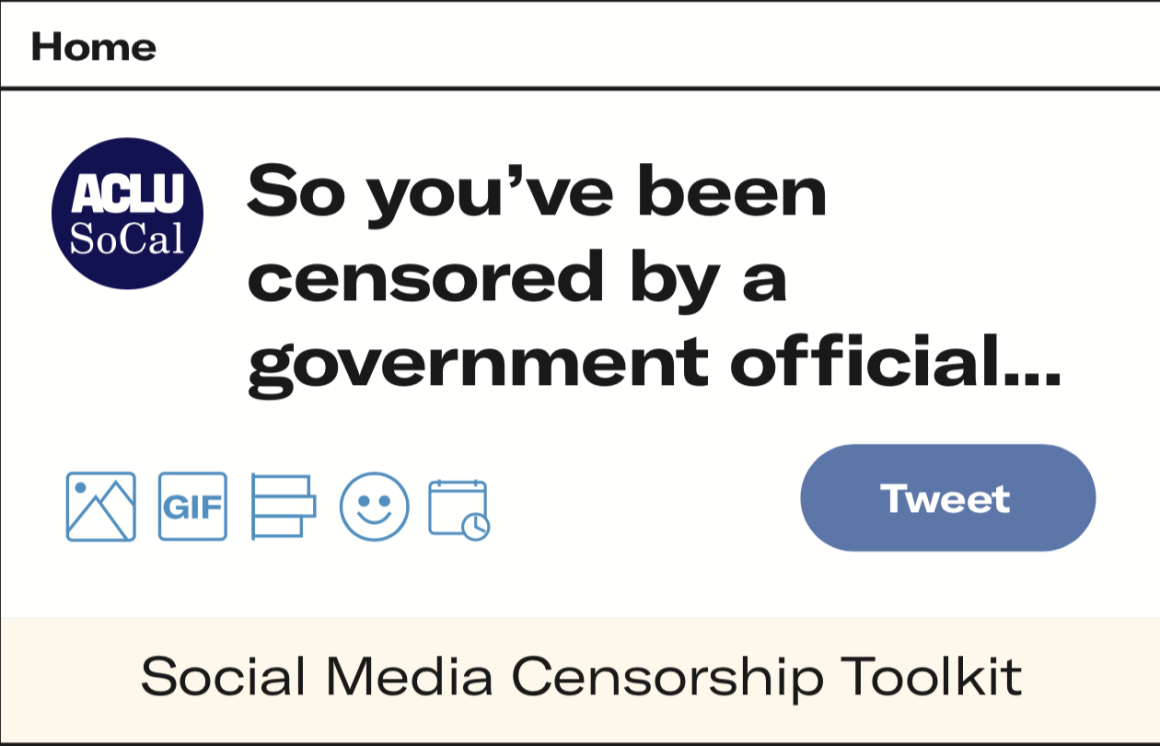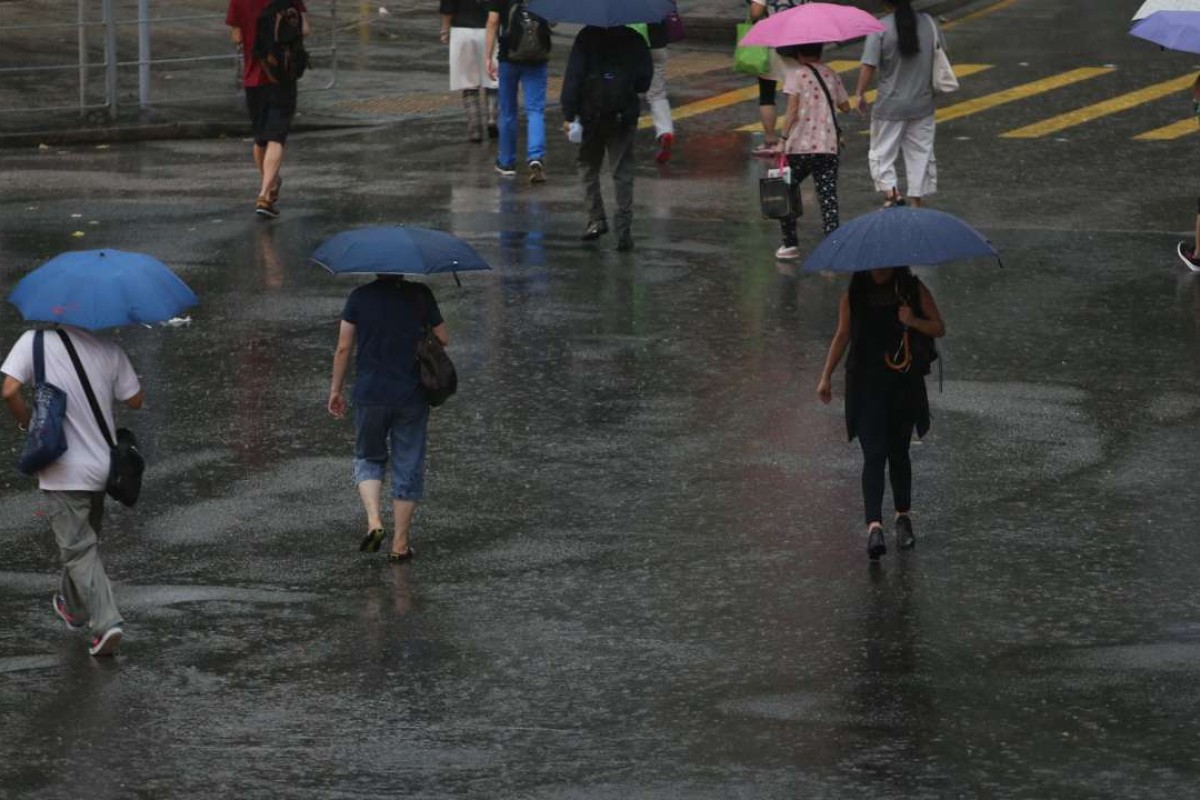US Ban On Foreign Officials: Retaliation For Social Media Censorship

Table of Contents
The Rationale Behind the US Ban
The US government justifies the ban on foreign officials based on several key arguments, primarily centering on human rights abuses, national security concerns, and the protection of US interests abroad.
Concerns about Human Rights Violations
The US claims the ban is a necessary response to widespread human rights abuses facilitated by social media censorship in targeted countries. These abuses range from the suppression of dissent to the targeting of vulnerable groups.
- Examples of Censorship Practices: Deletion of posts critical of the government, blocking of accounts belonging to activists and journalists, widespread surveillance of dissidents' online activities, and the use of social media to incite violence against minority groups.
- Countries Affected: While specific countries are not always publicly named, the ban has been interpreted as targeting nations with documented histories of severe online censorship and human rights violations, often those with authoritarian regimes.
- Supporting Evidence: The US government often points to reports from organizations like Human Rights Watch and Amnesty International documenting these abuses as justification for its actions.
National Security Implications
The US views unchecked social media censorship as a significant national security threat. It argues that the suppression of dissenting voices creates an environment where misinformation and propaganda can flourish, undermining democratic processes and potentially impacting US interests.
- Disinformation Campaigns: Foreign governments increasingly leverage social media to spread disinformation campaigns aimed at influencing US elections, swaying public opinion on foreign policy issues, and eroding trust in democratic institutions.
- Impact on US Interests: These campaigns can directly impact US foreign policy, create instability in allied nations, and undermine US national security objectives.
- Countermeasures: The ban is presented as a necessary countermeasure to these threats, aiming to deter foreign governments from using social media for malicious purposes.
Protecting US Interests Abroad
The US also frames the ban as a protective measure for US citizens and interests abroad who may be vulnerable to online repression by foreign governments.
- Targeting of US Citizens: US citizens living abroad or engaged in online activism have been targeted by foreign governments for their online activities, facing harassment, intimidation, and even imprisonment.
- Facilitating Human Rights Abuses: Social media platforms, when subject to censorship, can become tools used to facilitate human rights abuses against US citizens or allies.
- Deterrence: The ban aims to deter such actions by signaling that the US will not tolerate the use of social media censorship to target its citizens or undermine its interests.
International Reactions and Criticisms
The US ban on foreign officials has drawn significant international criticism, raising concerns about hypocrisy, overreach, and the impact on freedom of speech.
Accusations of Hypocrisy
Critics point to instances of censorship and restrictions on online speech within the US itself, arguing that the ban is hypocritical.
- Contradictory US Policies: Some argue that certain US laws and policies, such as those related to national security and counterterrorism, could be seen as restricting online speech in ways similar to those practiced by the countries targeted by the ban.
- International Condemnation: Many international organizations and foreign governments have issued statements criticizing the US action, accusing it of double standards and undermining global efforts to promote freedom of expression.
Concerns about Overreach
There are significant concerns that the ban represents an overreach of US power, potentially harming diplomatic relations and international cooperation.
- Negative Repercussions: The ban could damage international collaborations and alliances, particularly with countries that see it as an act of aggression or interference in their internal affairs.
- Legal Challenges: Legal experts have questioned the legality and effectiveness of the ban, raising concerns about its potential to violate international law and norms.
The Impact on Freedom of Speech
The ban's broader implications for global freedom of expression are a major point of contention.
- Dangerous Precedent: Critics argue that the ban could set a dangerous precedent, encouraging other countries to adopt similar measures to restrict online speech and retaliate against perceived enemies.
- Impact on Online Activism: The ban could stifle online activism and the free exchange of information globally, limiting the ability of individuals and groups to organize and advocate for change.
Conclusion
The US ban on foreign officials, ostensibly a response to social media censorship and human rights violations abroad, has ignited a fierce international debate. The US government justifies its actions based on concerns about national security, human rights, and the protection of its citizens. However, the ban has drawn strong criticism for its potential hypocrisy, overreach, and negative consequences for global freedom of speech. The US ban on foreign officials highlights the complex interplay between national interests, human rights, and the increasingly important role of social media in international relations. Continue the conversation and learn more about the implications of this far-reaching decision. The debate surrounding the US ban on foreign officials and the broader issue of social media censorship demands continued scrutiny and engagement.

Featured Posts
-
 Powell And Trumps White House Meeting Discussing The Us Economy
May 31, 2025
Powell And Trumps White House Meeting Discussing The Us Economy
May 31, 2025 -
 Supera Un Apagon Con Estilo 4 Recetas Para Comer Bien
May 31, 2025
Supera Un Apagon Con Estilo 4 Recetas Para Comer Bien
May 31, 2025 -
 The Limitations Of Ai Learning A Guide To Ethical And Effective Application
May 31, 2025
The Limitations Of Ai Learning A Guide To Ethical And Effective Application
May 31, 2025 -
 Canelo Vs Ggg Fight Results Live Stream Play By Play And Highlights
May 31, 2025
Canelo Vs Ggg Fight Results Live Stream Play By Play And Highlights
May 31, 2025 -
 India Covid 19 Alert Following Hong Kong And Singapores Case Explosion
May 31, 2025
India Covid 19 Alert Following Hong Kong And Singapores Case Explosion
May 31, 2025
